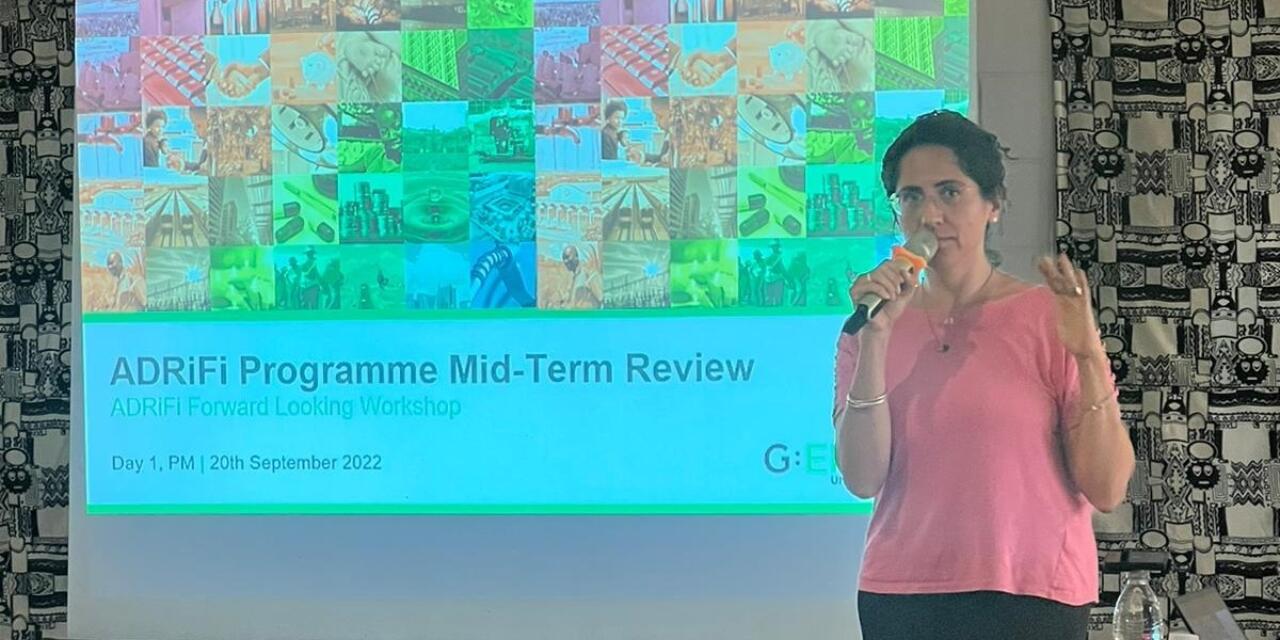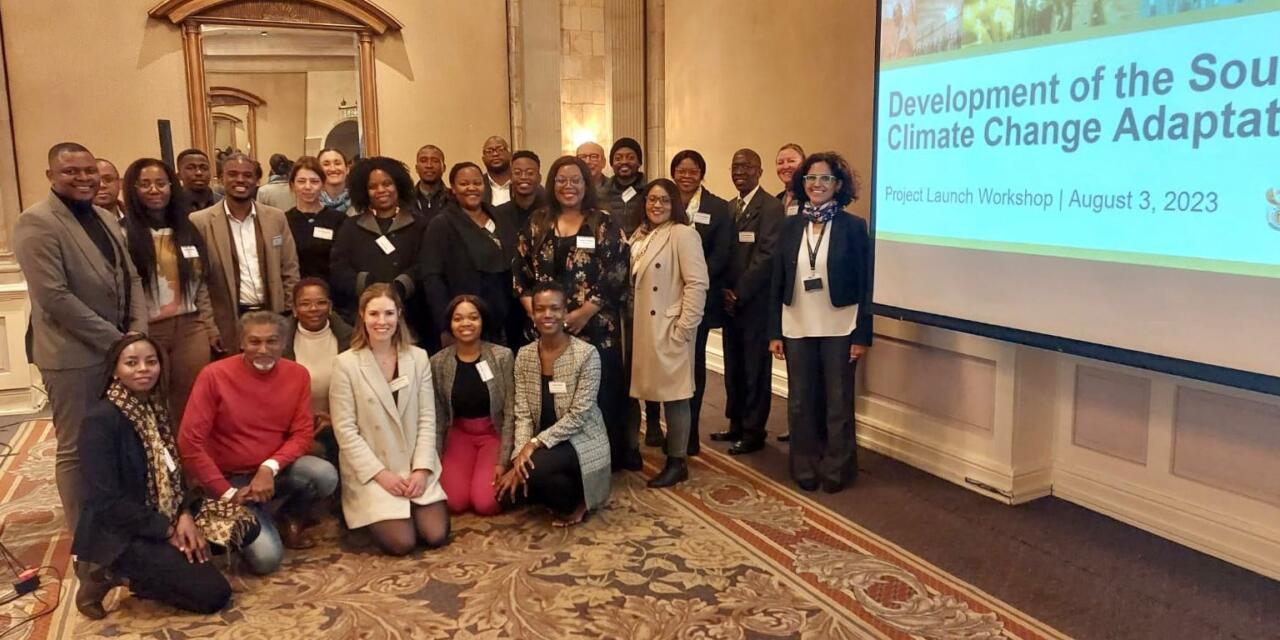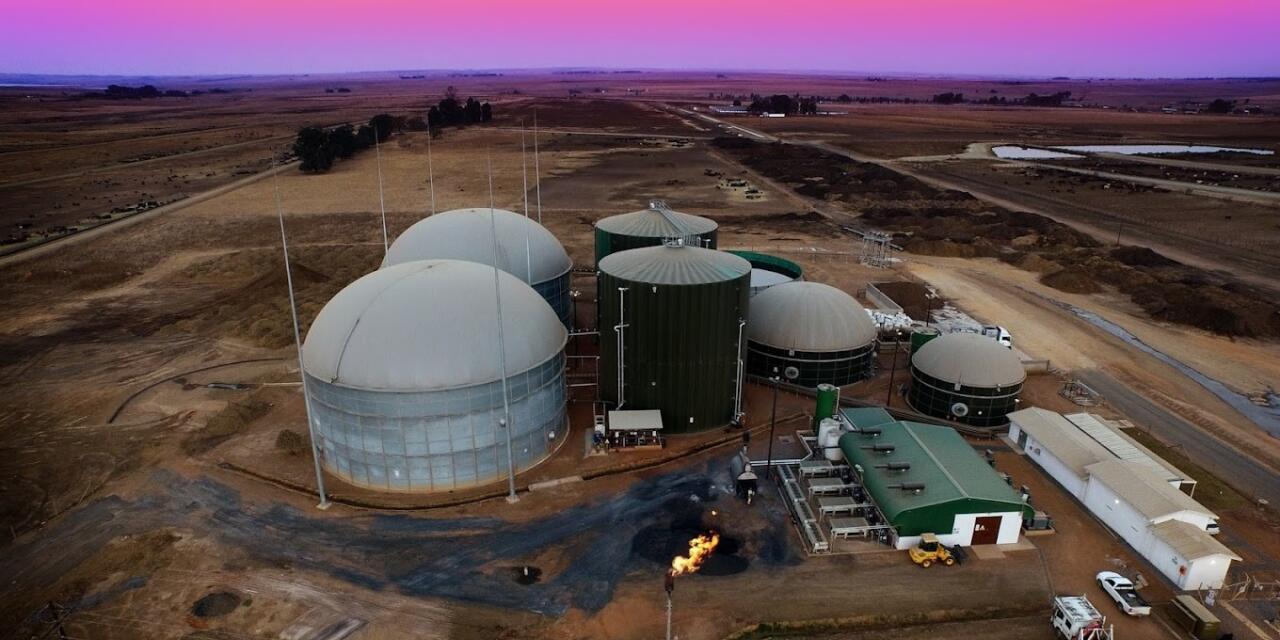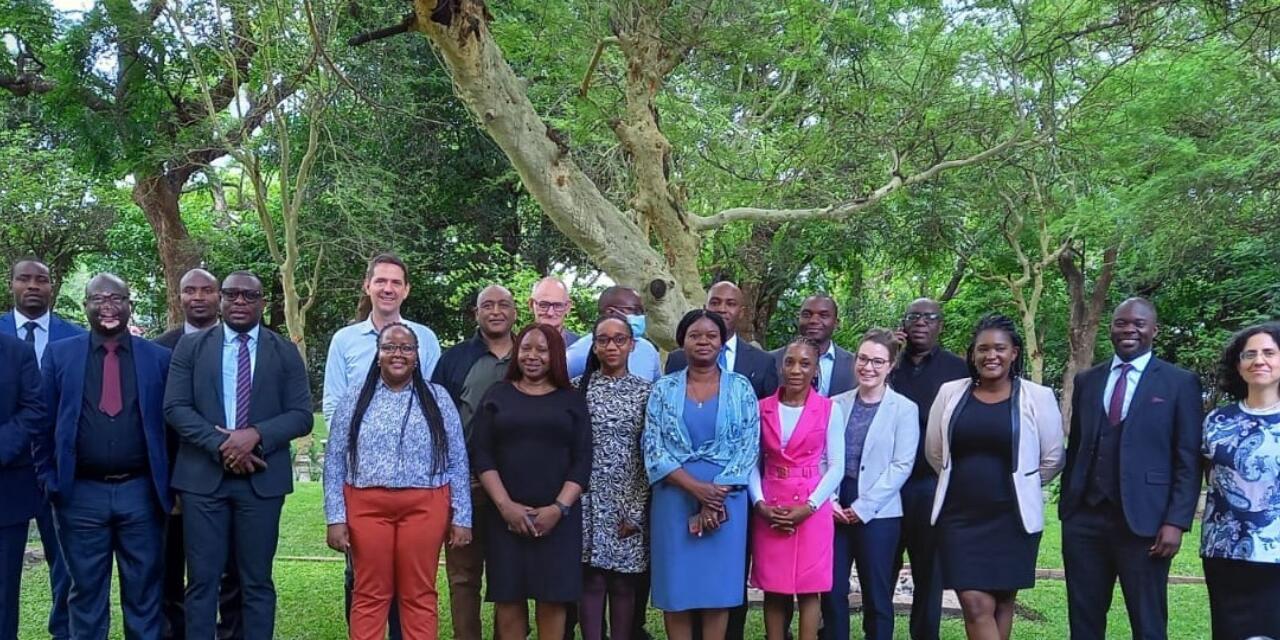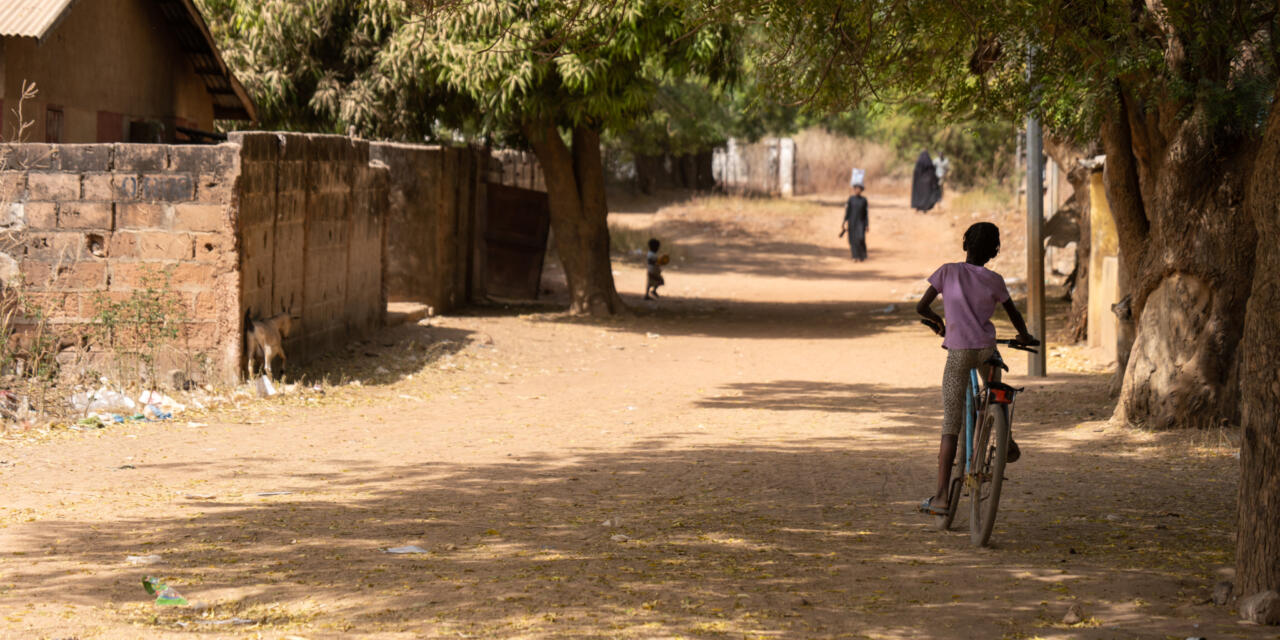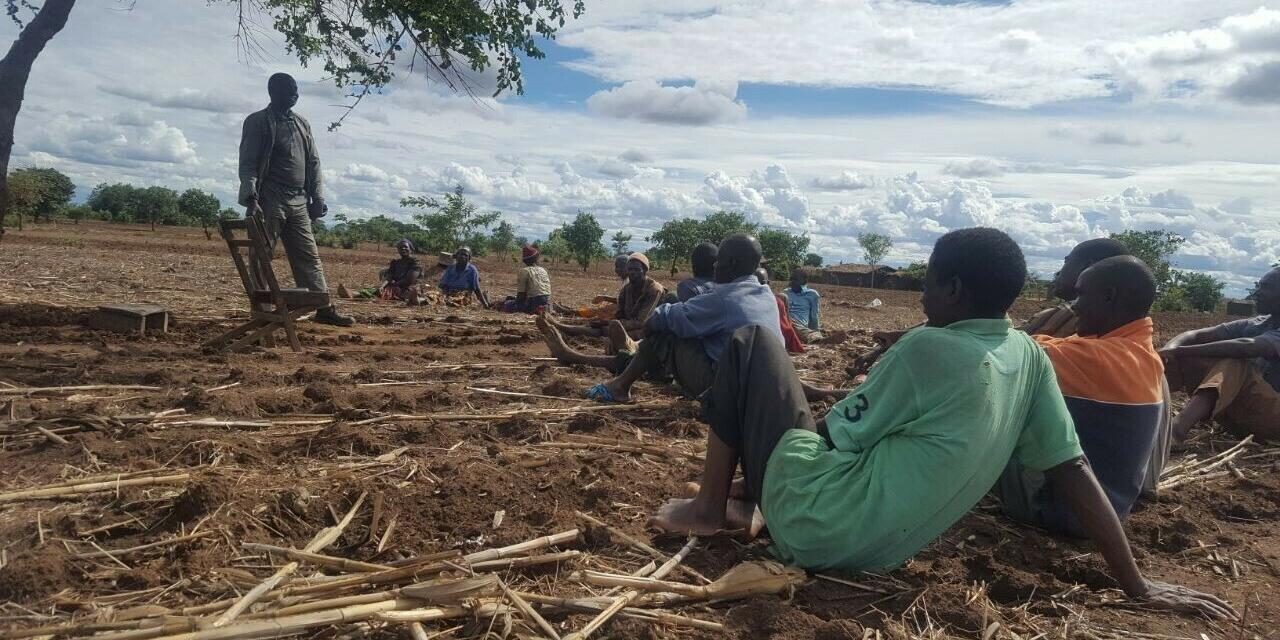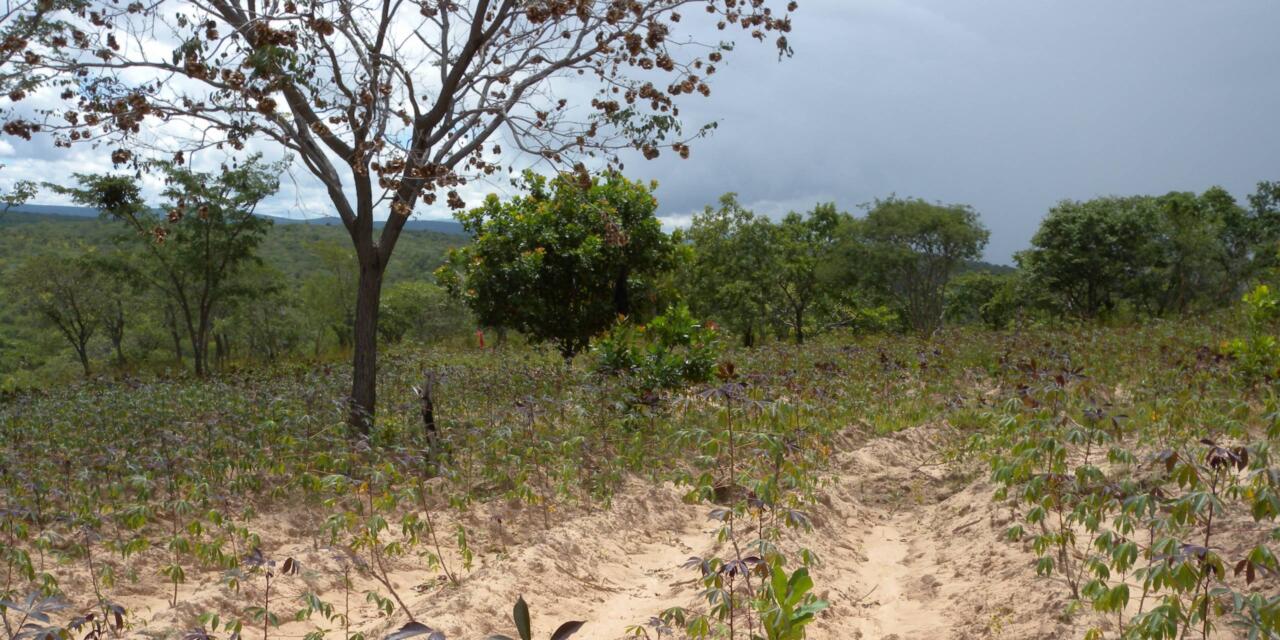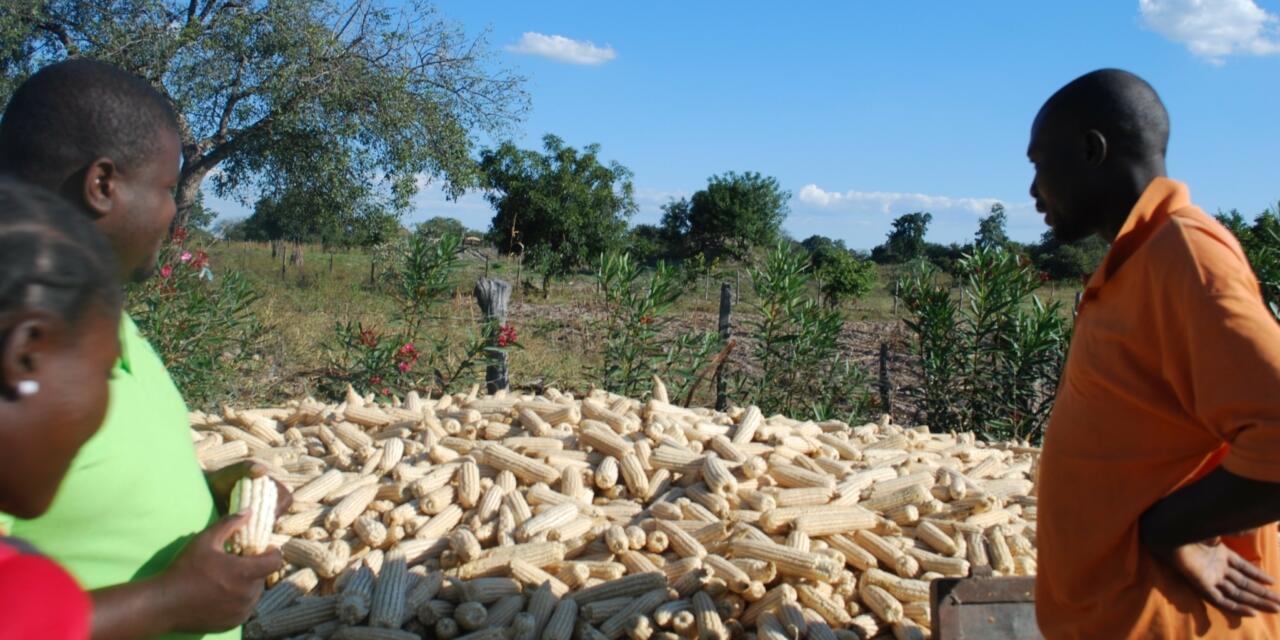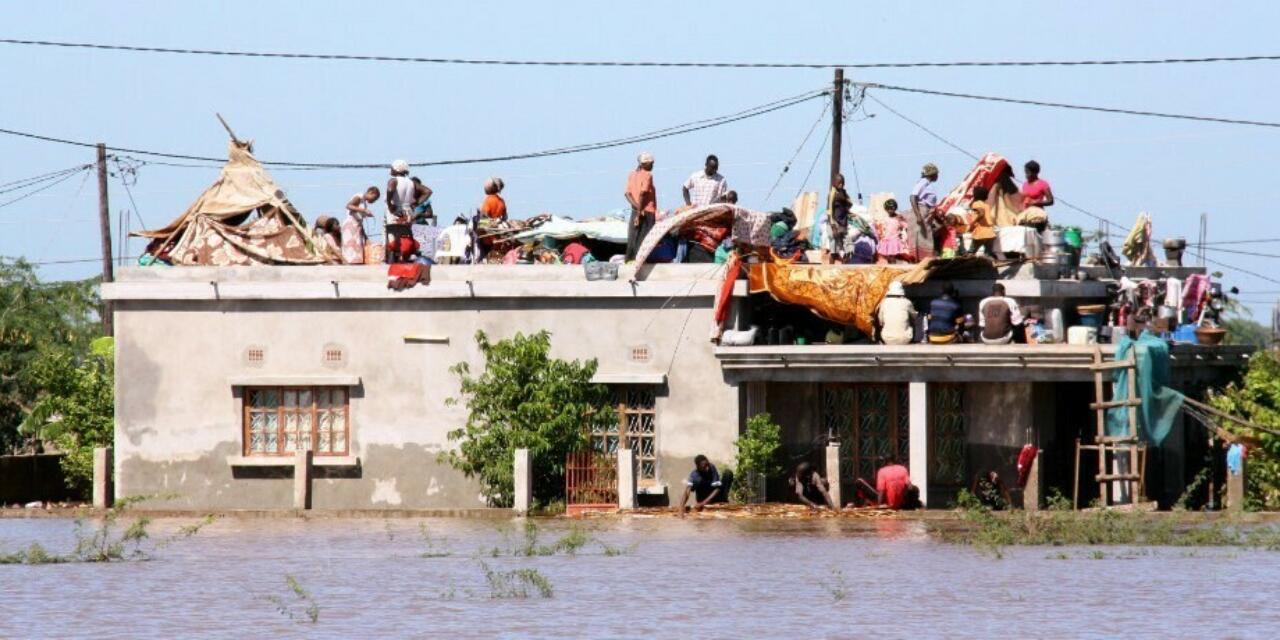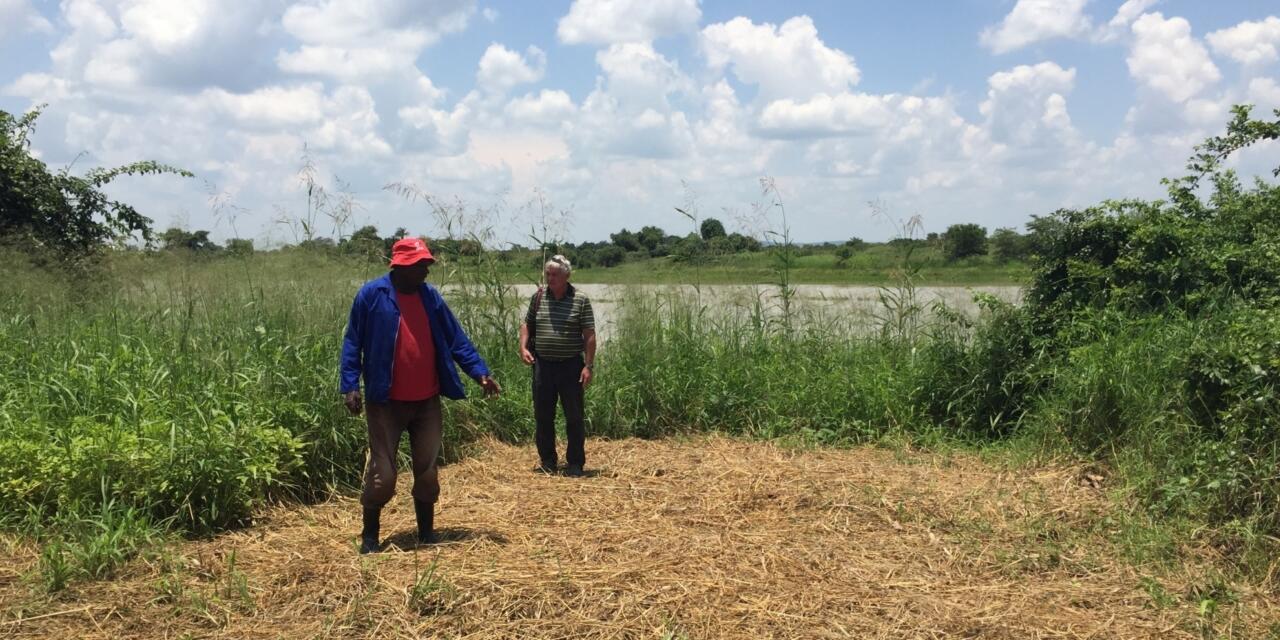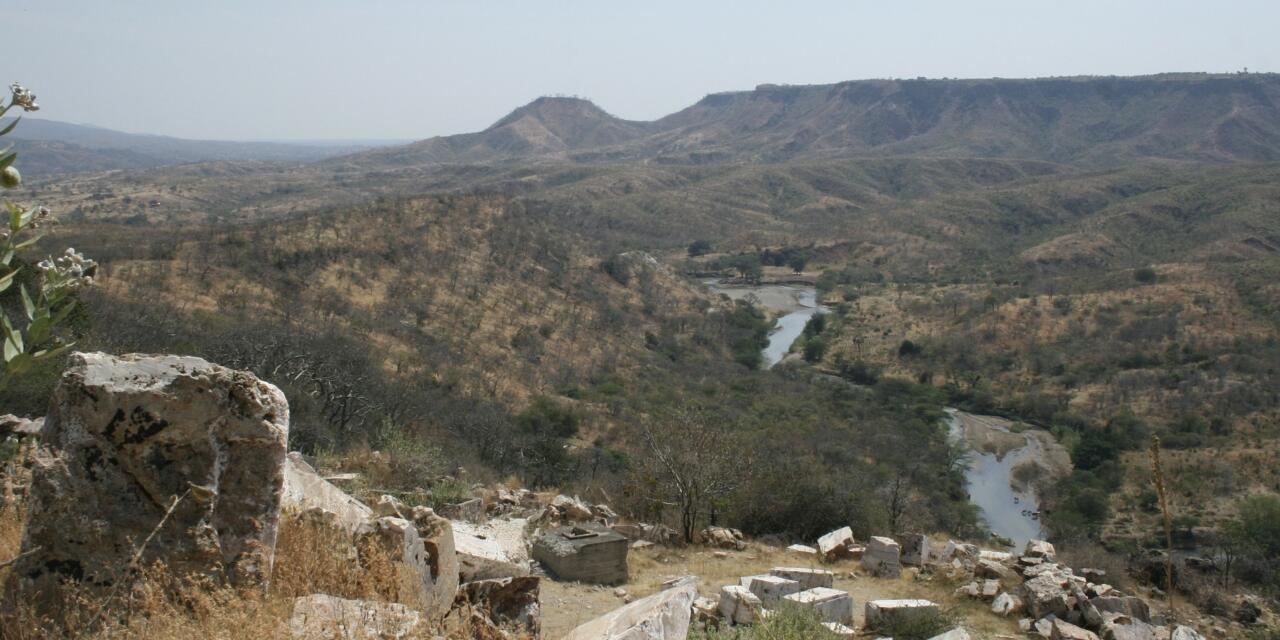All projects
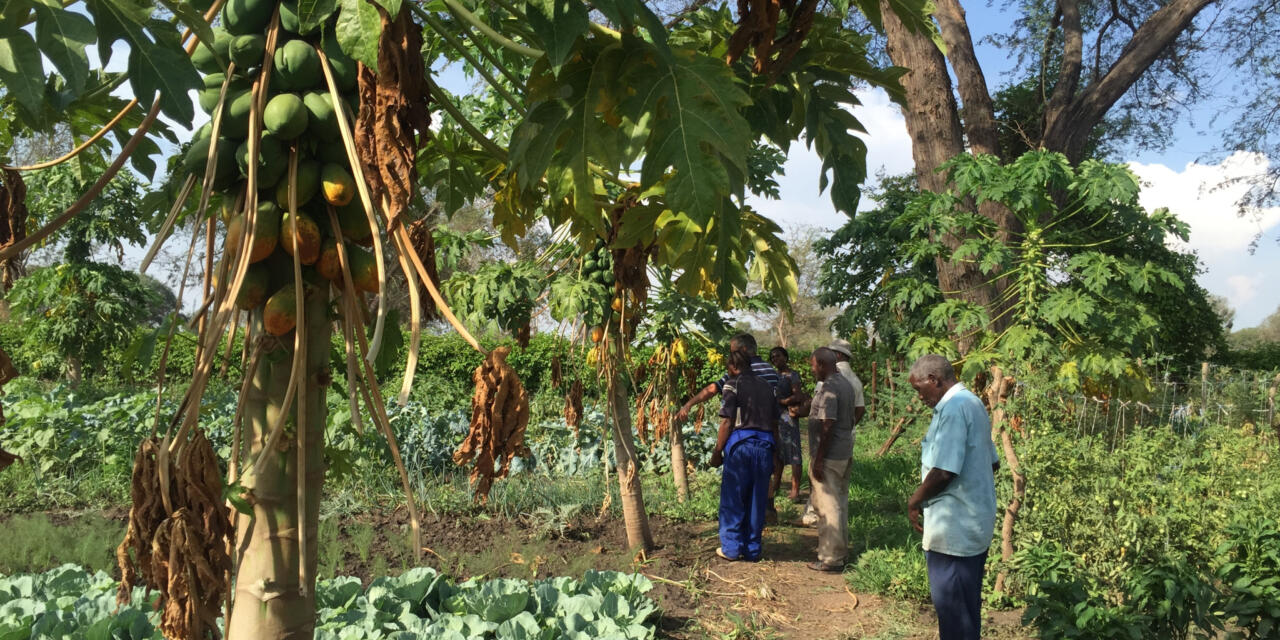
Assessing nature-related financial risks in Zambia
In response to the urgent need to evaluate the vulnerability of Zambia's financial sector to nature-related risks, Genesis is leading a pivotal study that explores the intricate connection between financial stability and environmental challenges.

Promoting fair competition in SA liquid fuels sector
Genesis was retained by a major refinery in South Africa to evaluate and recommend measures that the government could implement to ensure a level playing field and maintain the economic viability of locally produced liquid fuels while also keeping the fiscus whole.
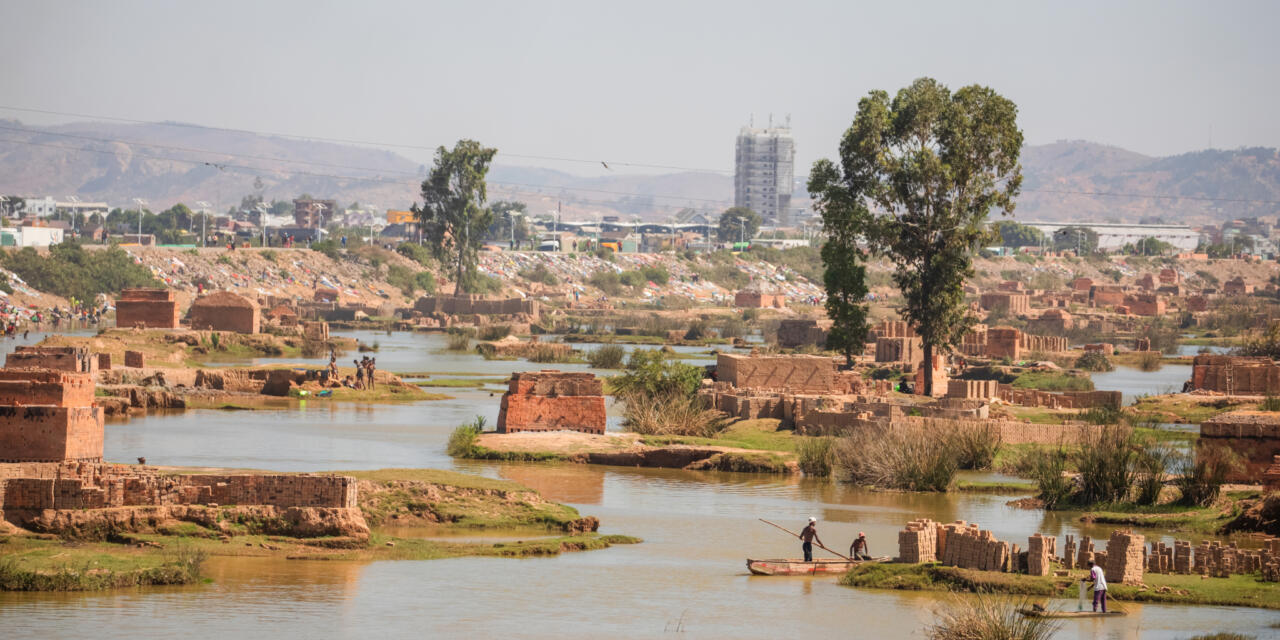
Budget tagging for climate vulnerable Madagascar
Genesis has partnered with the International Institute for Environment and Development and the United Nations office for Disaster Risk Reduction (DRR) to establish a coordinated budget tagging system for DRR and Climate Change Adaptation (CCA) expenditures in Madagascar.

Advancing climate governance in emerging markets
Genesis’ Climate Finance and Economics (CFE) team was contracted by the International Finance Corporation (IFC) to enhance sustainability practices and risk management strategies within financial institutions in emerging markets and developing economies (EMDEs).

Green options for Mpumalanga’s ageing coal power stations
Genesis was put at the helm of a project consortium to study the impact and mitigation of the planned shutdown of seven ageing coal-fired power plants in Mpumalanga, South Africa. The project was commissioned by the Nationally Determined Contributions Partnership, on behalf of the German Federal Ministry for Economic Cooperation and Development, and involved economists, engineers and social experts.

Future growth scenarios for Africa
How will Africa fare in the next 10 years and beyond? To tackle this question, Genesis was commissioned to write a research paper on what future growth scenarios could look like for the continent over the next decade. The work was background research for the African Development Bank’s strategy for 2023 to 2032.

Support to fast-track climate plans in developing nations
Genesis worked with the Nationally Determined Contributions Partnership (NDCP) to provide analytical support to inform decision-making related to the development of Partnership Plans and NDC implementation across a range of NDCP developing-country members.

ESG guidance for insurance regulators in Ghana, Kenya and Nigeria
Financial Sector Deepening Africa contracted Genesis Analytics to help co-create and implement proportional and fit-for-purpose environmental, social and governance (ESG) supervisory approaches and interventions in the insurance sectors in Ghana, Kenya and Nigeria
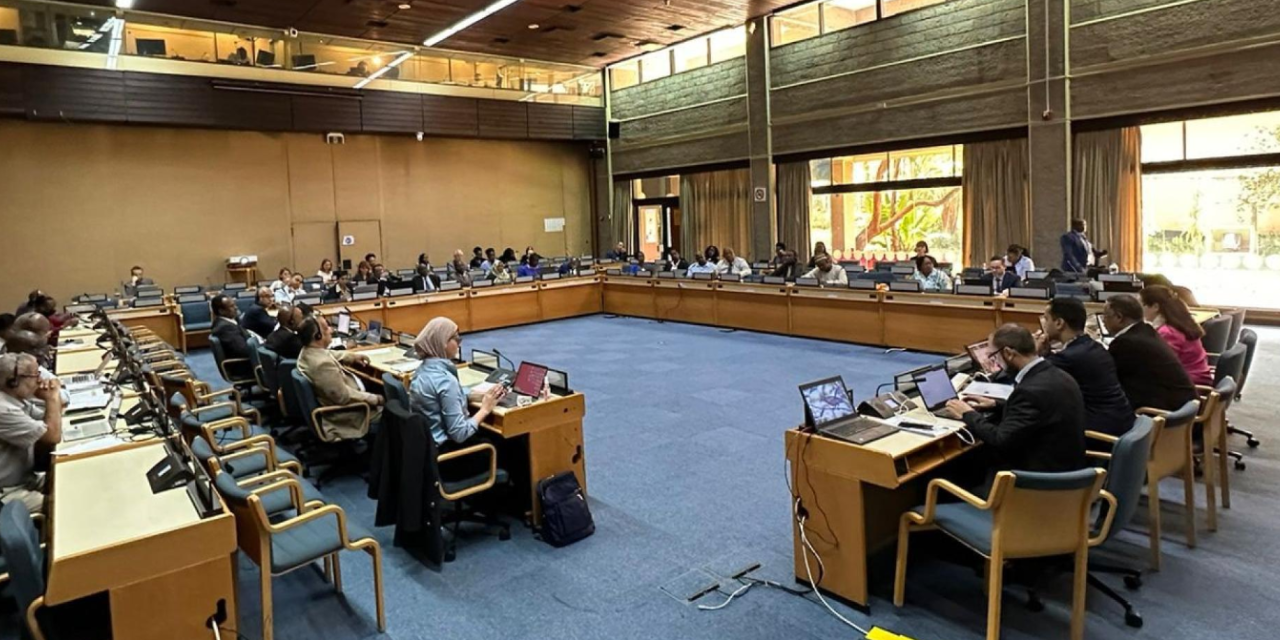
Refining comprehensive risk management in Sub-Saharan Africa
Genesis provided technical support to fine-tune the United Nations’ comprehensive risk management (CRM) approach in Sub-Saharan Africa (SSA). The initiative was commissioned by the UN Office for Disaster Risk Reduction’s (UNDRR) Regional Office for Africa (ROA).

Making South Africa’s Just Energy Programme a reality
Genesis is work closely with South Africa’s National Treasury Asset and Liability Management Division and the Presidential Climate Finance Task Team to provide strategic advice and recommendations as regards the resource mobilisation and coordination function for the JET IP.

Developing a sustainable pipeline of low-carbon projects in Egypt
Genesis, in partnership with Acumen Consulting, is working with PwC as a delivery partner for the Climate Finance Accelerator (CFA) programme, which aims to develop a sustainable pipeline of bankable, low-carbon projects in Egypt and to identify suitable financing options for them.

Addressing the climate change challenges in Saint-Louis, Senegal
Genesis partnered with FSD Africa and Umoa Titres to develop a study that determines the feasibility of deploying a financial instrument to address climate change, environmental and/or waste management challenges in the city of Saint-Louis, Senegal.

Bridging the climate finance gap for smallholder Ugandan farmers
Financial Sector Deepening Uganda (FSDU) commissioned a Genesis study of the climate change adaptation ecosystem in Uganda. The FSDU’s aim was to better understand the climate finance gap in Uganda and help smallholder farmers build their resilience to climate change by improving their access to climate and green finance.

Innovative solutions to SA water security challenge
The Innovation Hub Management Company’s Green Economy Unit engaged Genesis to identify potential opportunities that exist for SMMEs in the Gauteng city region to contribute to the growth of the South African economy by providing innovative solutions to the water-security challenge.
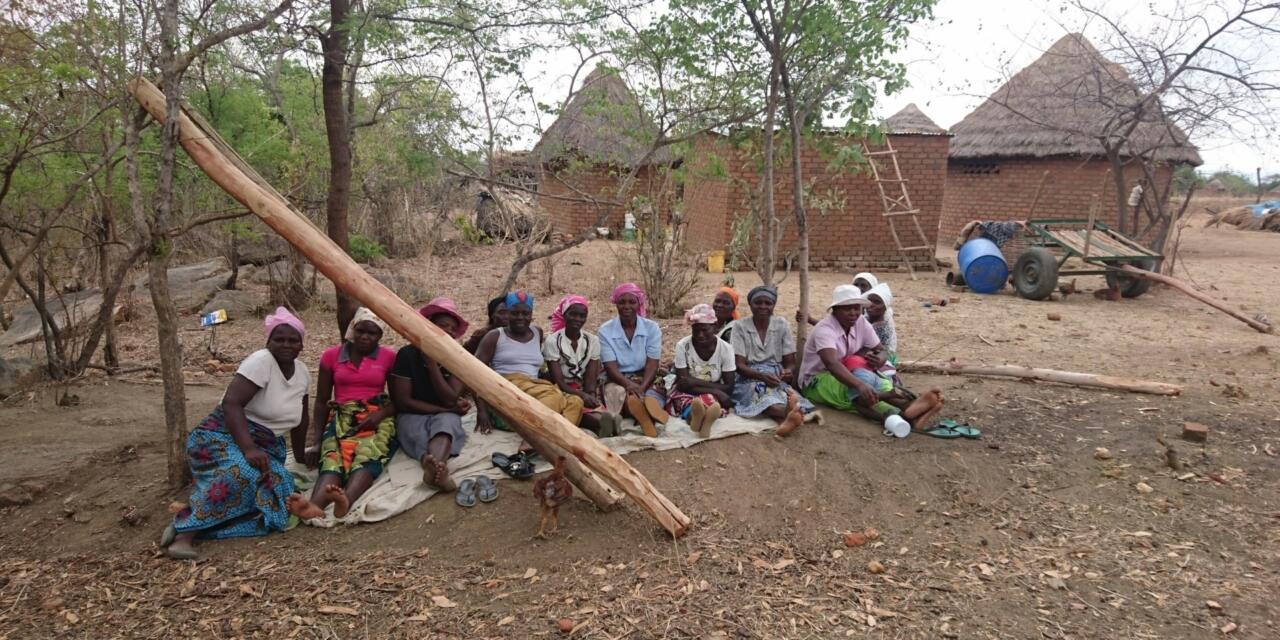
Digital-credit scoring tool to expand credit to MSMEs
Genesis has proposed the development of a digital-credit scoring tool for micro, small and medium enterprise lending in Zimbabwe. The tool will be developed to enable financial service providers to lend to previously excluded entrepreneurs and MSMEs across a number of economic sectors using alternative data and non-traditional sources of data.
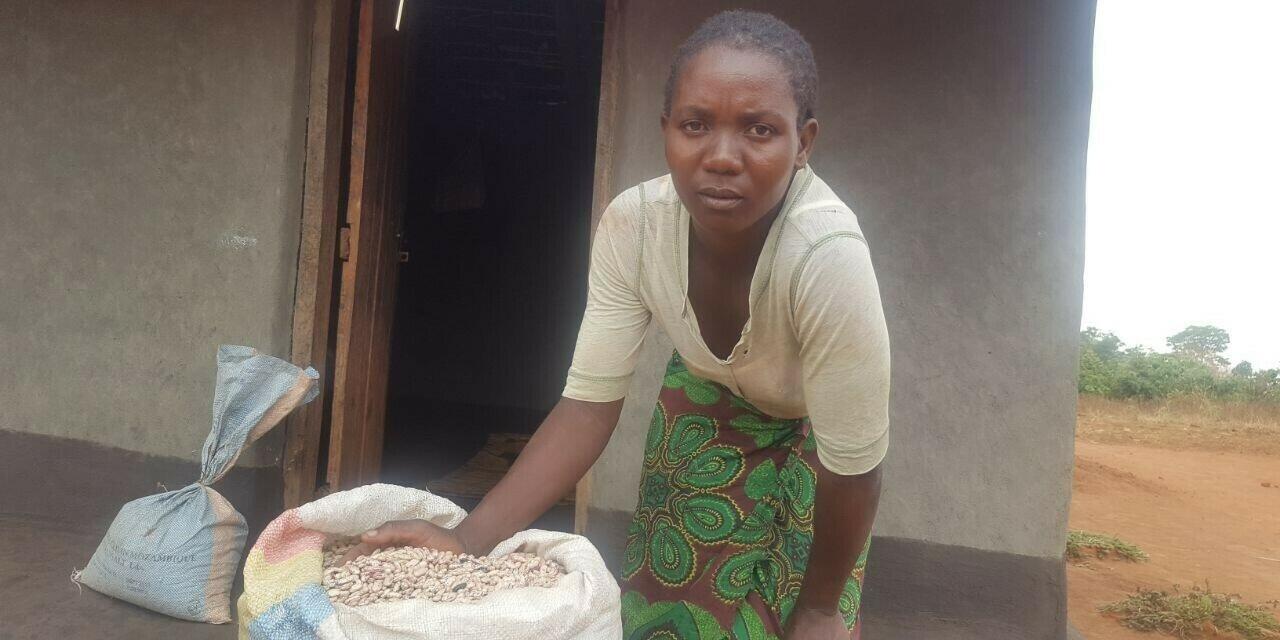
Seed strategy to increase output of smallholder farmers
Genesis developed a seed business-development strategy for the International Institute of Tropical Agriculture (IITA) as a tool that will guide, orient and define expected outputs in how the project interacts and collaborates with seed stakeholders in Mozambique.
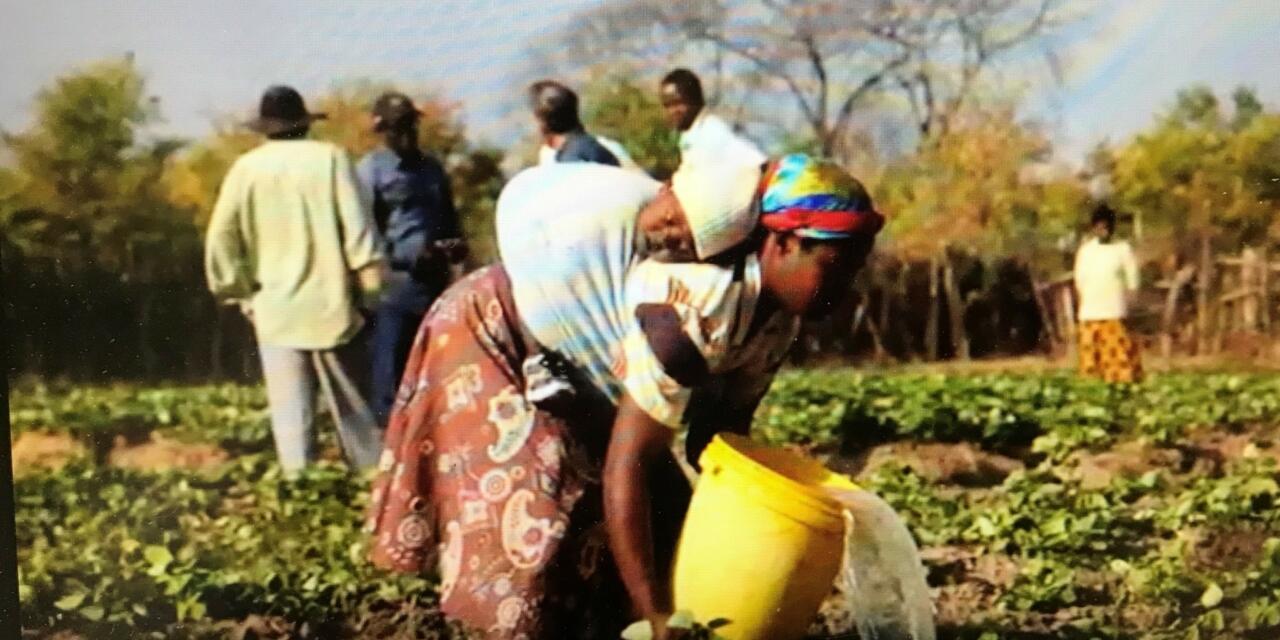
Vuna looks for innovation models for climate-smart agriculture
Vuna commissioned a Climate Smart Agricultural (CSA) innovation models impact analysis to assess select Vuna Agriculture Development Facility (ADF) projects and identify intervention pathways to sustained climate resilience at scale.
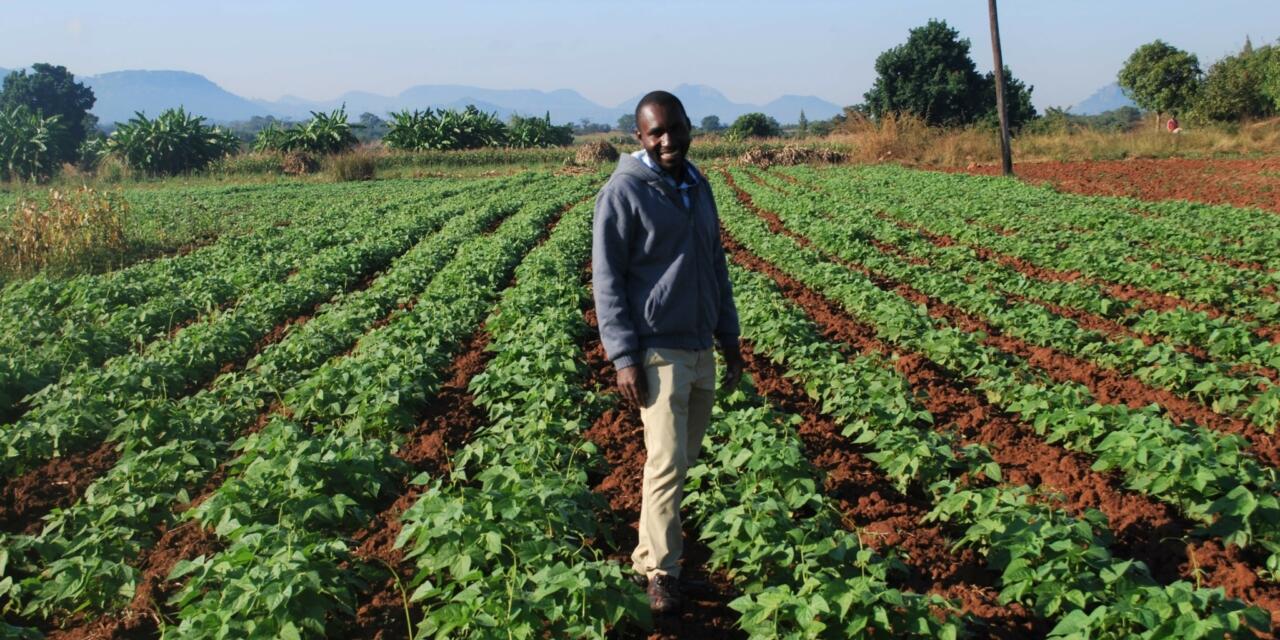
Cases show way for climate-smart farming in Zimbabwe
Seven successful cases of climate-smart agriculture (CSA) in Zimbabwe, documented by Genesis, are to be included in a manual being written for the country’s eight agricultural colleges. Genesis was contracted by Vuna, a regional DFID-funded programme on CSA to document these cases.
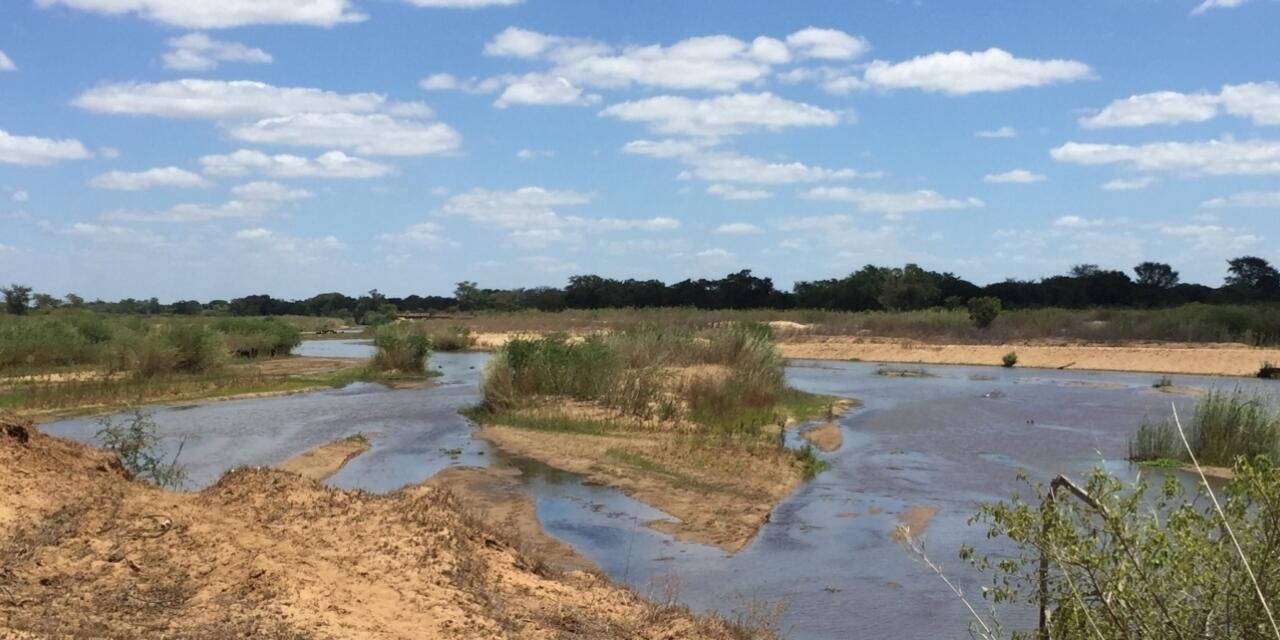
Early flood forecasting system for Incomati Basin
Genesis was engaged as the financial and economic adviser on a three-year project to support a holistic flood risk mitigation system in the Incomati Basin. Our work was integral in establishing the need for an early warning flood forecasting system (EWFFS) and its requirements for financial sustainability.

Feasibility of dam to boost Mbabane water supply
Genesis was part of a multi-disciplinary team providing input to the feasibility study of the Nondvo Dam in Swaziland. Given water-supply constraints in Swaziland, the government aims to augment water supply to the capital city, Mbabane, through the dam.

Plan for safe water in 12 Zambian border towns
Genesis was retained as the project economists for the 12 Towns Project aimed at providing a sustainable and equitable supply of safe water and appropriate sanitation to 12 border towns in Zambia, a country strategically and centrally located in the SADC region.
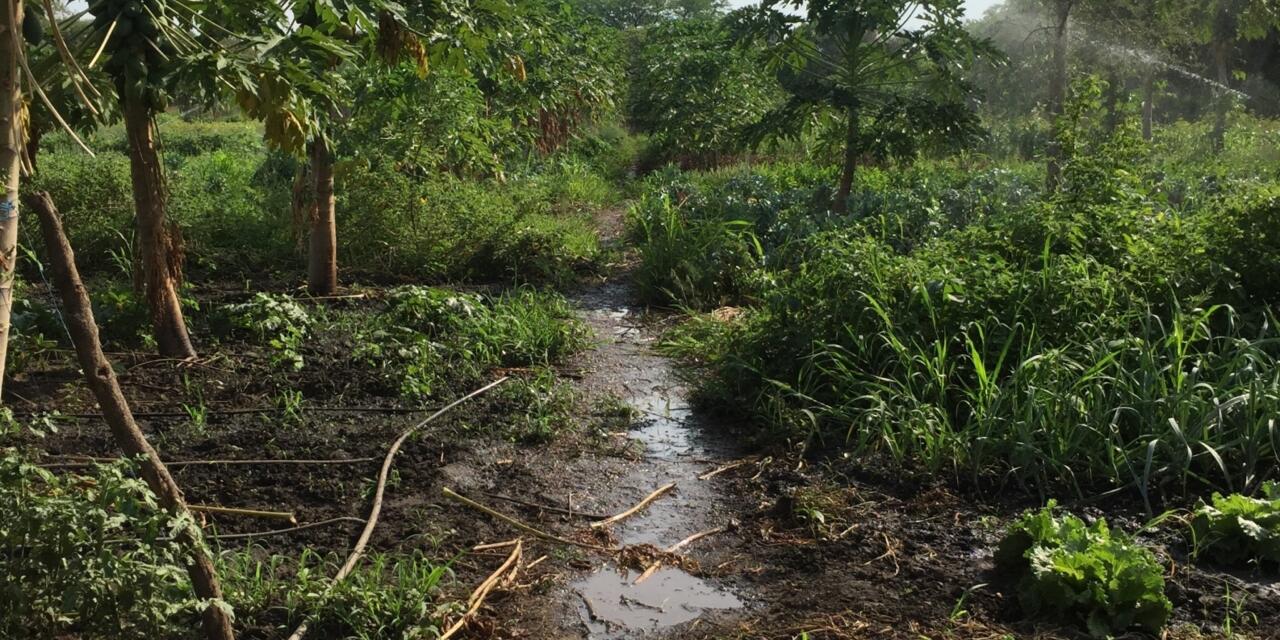
Genesis supports SADC water and infrastructure projects
Genesis worked with the Climate Resilient Infrastructure Development Facility (CRIDF), a DFID-funded facility that prepares water and infrastructure projects across SADC, in the design and delivery of water infrastructure that fosters sustainable development of the region’s water, food and energy security.

Genesis assists Nigerian farmers to 'climate-proof' projects
Genesis was contracted to review PropCom Mai-Karfi array of interventions from a climate lens and advise them on how to “climate-proof" its intervention activities in light of regional and national policy and implementation practices.

Expert analysis of carbon tax proposal for BUSA
Genesis was appointed by Business Unity South Africa (BUSA) to provide expert analysis and input in a review of the National Treasury’s discussion document regarding the possible implementation of a carbon tax intended to internalise environmental costs and reduce emissions.

Genesis counts cost of mooted carbon tax for industry
Genesis was appointed to undertake an economic study to assess the impact of the National Treasury’s proposed carbon tax within the context of rapidly increasing energy costs and the anticipated additional costs of adapting to climate change.



